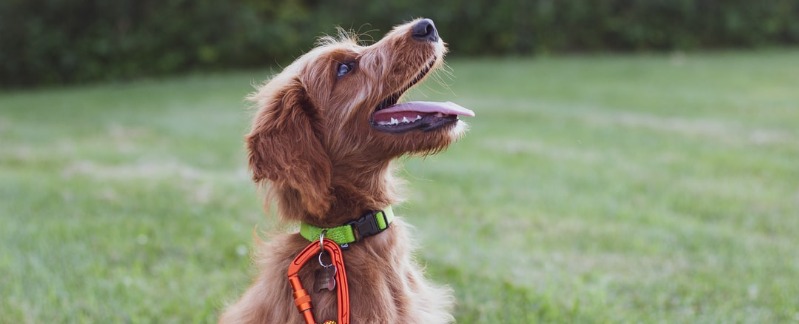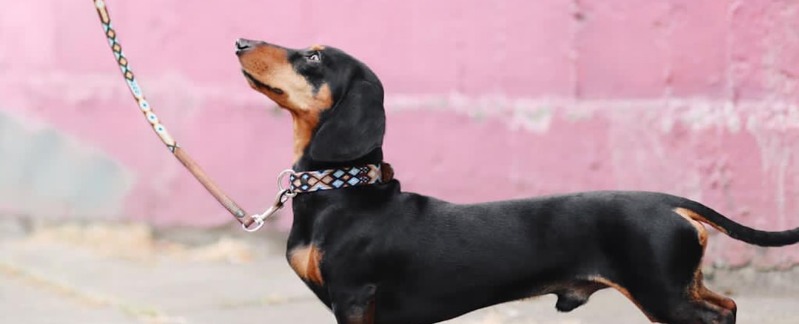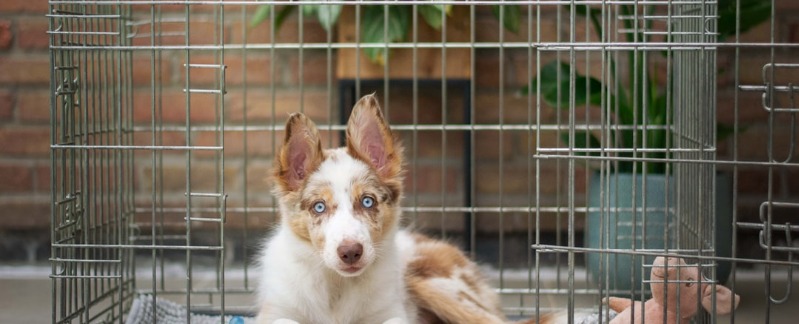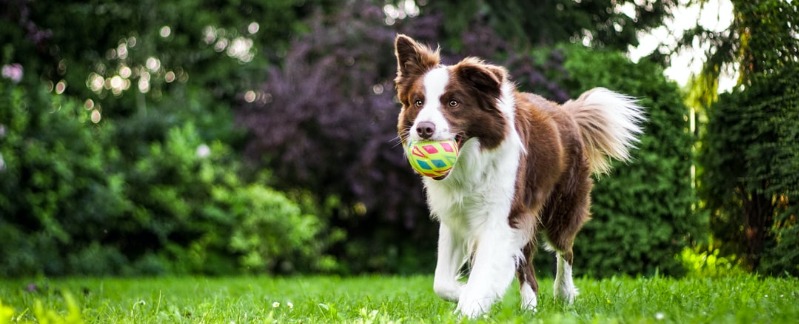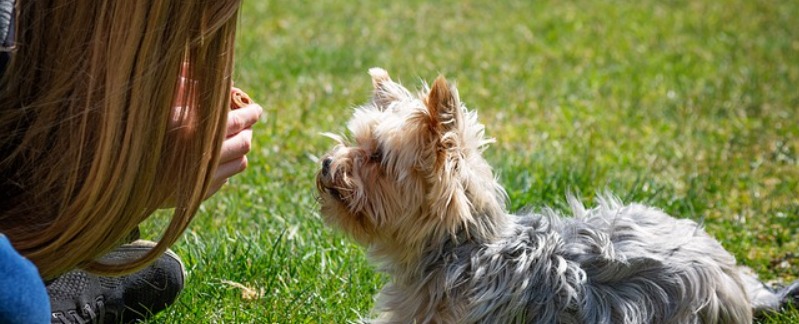The behaviors you reward, even unintentionally, will be repeated, whether you actually like the behavior or not.
It’s very easy to let puppies get away with behavior that you won’t find acceptable later on, simply because they are small and cute. The same is true with a rescue dog. You may want to let a dog settle in for several weeks before setting any behavior boundaries for fear of damaging his ego. While you think you’re being nice, he’s probably thinking “Aha! A pushover! Let me see what I can get away with!”
Whatever Works
Dogs have a “whatever works” policy when it comes to getting things they want. If something works, they tend to stick with it. Over time, they develop habits and become more persistent when they don’t get immediate results. For the next several months, you want to be very conscious of the behaviors you are rewarding, so you don’t unintentionally help your dog acquire bad habits, like jumping up or barking for attention or to come out of his crate.
Until you’re in the habit of expecting and rewarding good behavior from your dog, take a moment to think about whether your reaction to his behavior will cause that behavior to be repeated or avoided in the future.
What Do You Want Your Dog to Do Again?
Reward the stuff you like! It’s so simple, really. Just catch your dog doing something right, and let her know you like it with praise, treats, or both (more about using treats effectively in upcoming chapters). If she’s doing something you don’t like, try to ignore her and wait her out until she offers something you do like, or at least can live with, and reward her for that. If she’s allowed to “win” or get what she wants with obnoxious behavior because you think it’ll be easier to just let her have her way “this time,” think again. You will actually teach her to be more persistent, making each battle last longer and longer.
If your dog is barking, don’t bark along with him! Yelling “shut up” might make you feel a little better for a second, but it’s not usually very effective. The same is true for using your hands to push a jumping dog off. From the dog’s point of view, negative attention is better than nothing!
You don’t have to be the strongest or loudest dog in the fight; you just have to be the last dog in the fight the first few times she tries if you expect her to understand that things are going to be your way. It doesn’t require you to be harsh; just be patient and firm in your resolve. If you’ve already lost a few battles, you can still win the war, but you may have to add some corrections to help get behavior you can reward.

